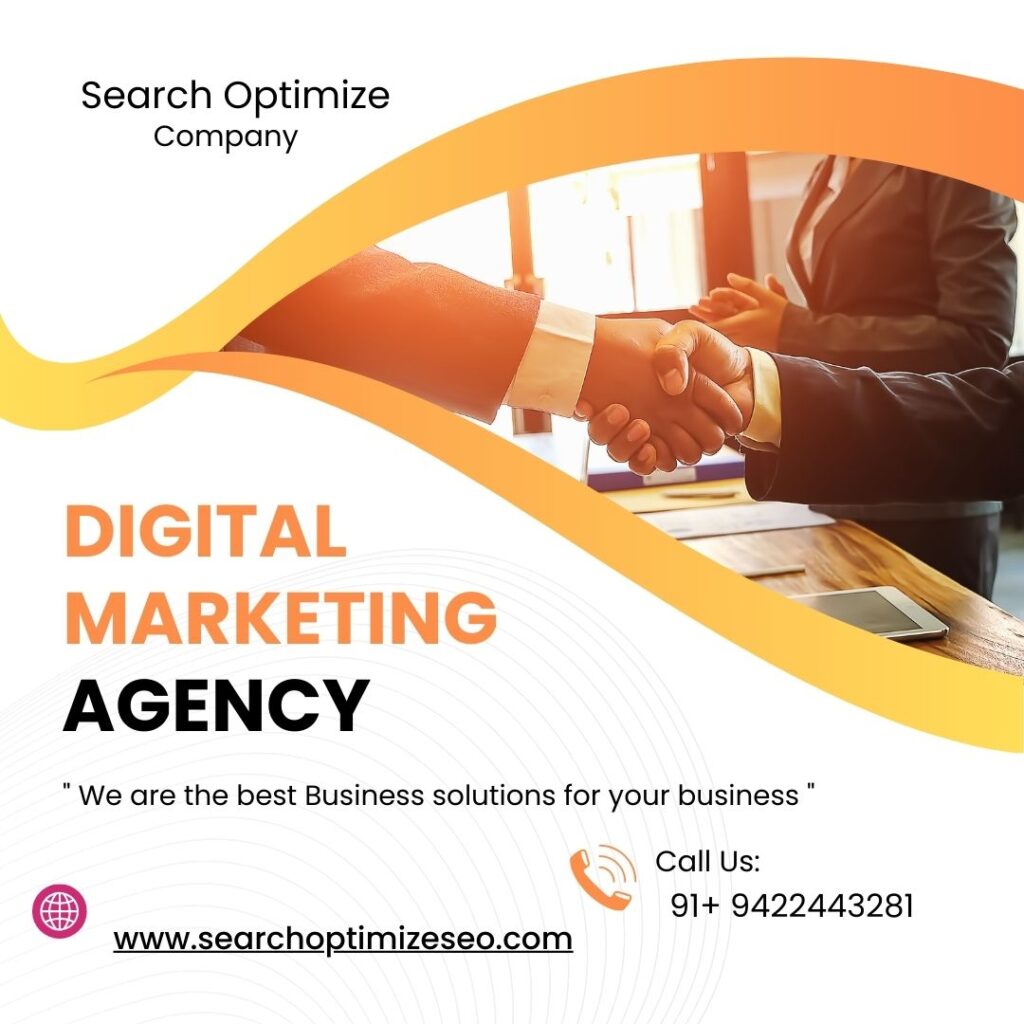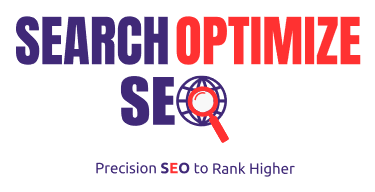The SEO industry is evolving at lightning speed, and at the center of this transformation is Artificial Intelligence (AI). With Google continuously upgrading its search algorithms through AI-driven technologies like RankBrain, BERT, and the latest Search Generative Experience (SGE), businesses need to rethink how they approach search engine optimization.
In this blog, we’ll explore how to master AI-powered SEO and prepare your website for Google’s next-gen search.

1. What is AI-Powered SEO?
AI-powered SEO refers to the integration of Artificial Intelligence tools and techniques to optimize websites more effectively. Unlike traditional SEO, which relies on manual keyword research and link building, AI uses data-driven insights, natural language processing (NLP), and predictive analytics to deliver smarter strategies.
Key aspects include:
- Understanding search intent with AI tools
- Creating content clusters with NLP-based suggestions
- Automating technical SEO audits
- Predicting ranking trends with machine learning
2. Google’s Next-Gen Search (SGE) Explained
Google’s Search Generative Experience (SGE) is changing how results are displayed. Instead of just providing a list of blue links, Google now offers AI-generated summaries, context, and direct answers within search.
How SGE impacts SEO:
- Zero-click searches increase, as users get answers directly.
- Featured snippets and structured data become more important.
- High-quality, authoritative content is prioritized.
To succeed, businesses must focus on answer engine optimization (AEO) alongside SEO.
3. Strategies to Optimize for AI-Powered SEO
a. Focus on Semantic Search & User Intent
Google’s AI understands context better than ever. Instead of keyword stuffing, optimize for topics, entities, and natural language queries.
✅ Example: Instead of targeting “best SEO tool”, optimize for “Which AI SEO tool gives the best ROI for small businesses?”
b. Optimize for Conversational & Voice Search
With the rise of voice assistants, conversational queries are now common. AI SEO demands content that matches natural speech patterns.

✅ Use long-tail, question-based keywords.
c. Content Quality + AI Enhancement
AI tools like Surfer SEO, Jasper, and MarketMuse help in optimizing structure, tone, and keyword distribution. However, human expertise is crucial for E-E-A-T (Experience, Expertise, Authoritativeness, Trustworthiness).
✅ Combine AI-powered research with human insights for the best results.
d. Structured Data & Schema Markup
Google’s AI relies heavily on structured data to understand content. Adding FAQ schema, product schema, and review schema increases the chances of appearing in AI-generated answers.
e. Predictive Analytics for SEO Trends
AI can forecast upcoming search trends, giving businesses a head start. Using tools like BrightEdge or RankIQ, you can identify keywords before competitors.
4. The Role of AI SEO Agencies
Partnering with an AI SEO agency in India or the USA ensures businesses leverage the latest AI-driven techniques. These agencies use advanced tools, machine learning insights, and automation to deliver faster results compared to traditional SEO.
5. Future of AI in SEO
- Hyper-personalization: AI will deliver tailored search results for every user.
- Visual & multimodal search: Optimizing for images + voice + text queries.
- Content co-creation: AI will assist in content production, but human creativity will remain vital.
The businesses that adopt AI SEO today will dominate Google’s future search ecosystem.
Conclusion
Mastering AI-powered SEO is no longer optional—it’s essential. Google’s next-gen search experience (SGE) demands content that’s intent-driven, structured, and optimized for AI-generated answers. By combining traditional SEO practices with AI tools, businesses can secure higher rankings, stronger visibility, and sustainable growth.



